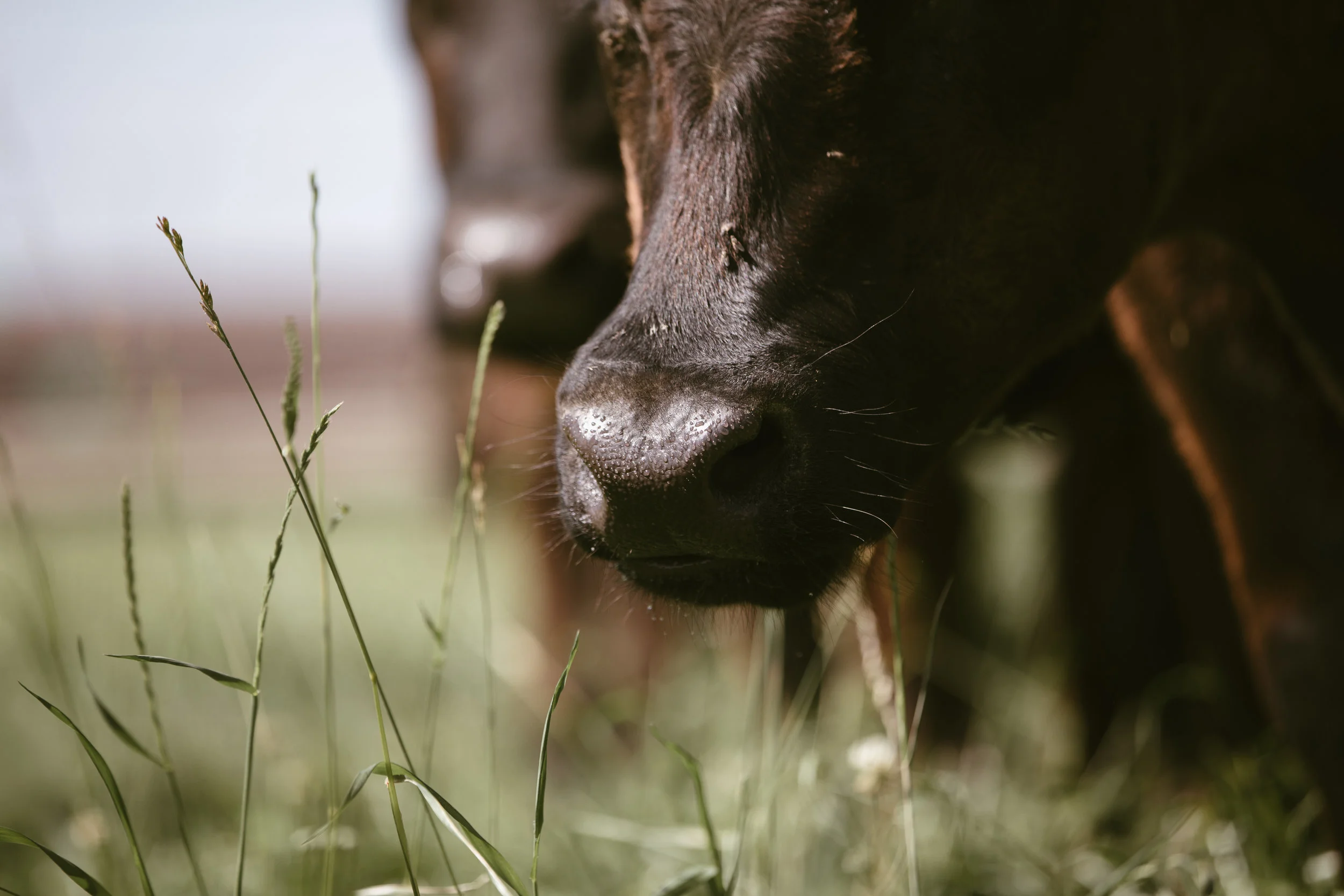The Ethics of Raising Cattle
Inside Redhouse: Debbie’s perspective
From the beginning, I wanted the Redhouse process to be open and honest. I never want to shy away from questions.
Good, ethical animal husbandry has always been part of my world, and my goal is to carry that throughout every part of our approach.
I grew up in a family that always had livestock — that’s my foundation, and it’s probably what drew me to this industry. I’m a motherly person. I like to nurture things and see them succeed. Even before Redhouse, my family loved to raise and show livestock, and ethical treatment was the foundation of our practices.
Until my family and I started paying more attention to what we were eating, I didn’t see how bad some of the cattle industry practices could be. That journey highlighted a lot of the disconnects and flaws. As I worked through the layers from the quality of the food I was eating to how it was raised, I saw that it was a whole package from start to finish.
I believe every animal deserves value and respect. I want Redhouse to be a good steward of our animals from birth all the way to when we harvest them. I want to know that, when I deliver an animal to the kill facility, the calves are taken care of and not mistreated.
On top of that, I want an end product that’s really high quality, and I’ve found that the care we put into raising our cattle shows. As a consumer, I’ve seen a lot of gimmicks, so I truly want to know everything about the process, and I want our customers to know as well.
I love when people come in with questions about our process. Ask me about why I love raising calves even though it’s an animal that I ultimately eat in the end. Ask me about how the animals are harvested. Ask me about the life cycle. I value those questions. I love to teach people about agriculture. By running an ethical and honest operation, I’m able to do just that.
When we work with other producers, we still maintain our high ethical standards. While I’m involved from start to finish, I know that, to be successful and to bridge more gaps for my community, I can’t do every component by myself. The farmers and ranchers that I know have always cared about their livestock.
Most of those we work with are people we’ve had a relationship with for years. They are good people with good integrity, and they value the animals and crops they grow. They also value honesty and quality in the same way I do. The more we’re in this, the more we find those people and desire to showcase them. It unites our community in trying to do a better job in what we eat or what we raise.
“Ask me about why I love raising calves even though it’s an animal that I ultimately eat in the end. Ask me about how the animals are harvested. Ask me about the life cycle. I value those questions. I love to teach people about agriculture. By running an ethical and honest operation, I’m able to do just that.”
Photography: Jonah + Lindsay








